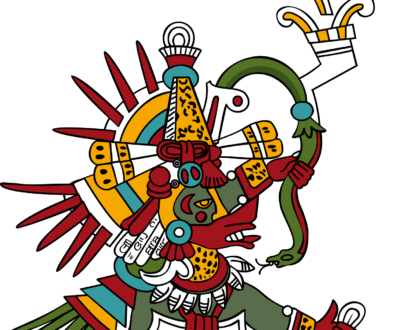Geoethics in the Theological Perspective: Beatitudes, Human Rights and Human Geosphere intersections
Francesc Bellaubí Fava2023
This paper aims to open a possible way in our search for human dignity in relation to the place we dwell. Bridging the nature-human divide can provide us with an interesting path in how to tackle human rights. According to biblical tradition, Christianity is an earth-affirming political faith. The Hebrew term eres refers both to earth and land. The term earth, referring to the creator, God, contrasts with the land of promise. Hereby, the difference has a larger implication in terms of our relation with other humans. The earth is occupied, whilst the land is dwelled. The land becomes a geospheric space full of meaning that gives sense to what we are: a true geoethics of place, a geotheology. Geoethics, or the relational values that bind the human with the geosphere, are the basis of our cultural parading, defining not only what we are, but also how we make sense of the reality, the world, our perception of reality and how we relate to the others. Nevertheless, the geosphere is stripped and the resources are looted. In turn, the current neoliberal discourse of human rights is framed as a demand, forgetting the sense of gratitude and lacking a deep spiritual dimension, a spirituality that gives life, the gift of Creation. Geoethics may overcome this fragmentation by providing social geosciences with a political theology background as the foundation of responsible human action towards the planet and, thus, towards the neighbor, because we relate to the geosphere through the other.
This paper sets up the current situation and problem in relation to human rights and spatial justice. Furthermore, it suggests the geosphere, or the solid part of the Earth system from which the other spheres (atmosphere, hydrosphere, and biosphere) develop, is a key concept in shaping temporal and spatial embedded dimensions of place (material, socioeconomic, and spiritual) in relation with human beings using the concepts of the noosphere and pneumatosphere. The paper highlights the importance of place in recognizing human identity with the dignity of Creation, contrasting the Universal Declaration of Human Rights in 1948, with the Gospel’s Beatitudes of the Sermon on the Mount, because they represent two different cultural paradigms: one based on dominion and the other founded in the power of love. Finally, it discusses how geoethics may open a way in terms of intercultural and inter-ecological dialogue, considering the hermeneutic and historic character of social geosciences articulated through the formulation of geoethical dilemmas to preserve our relation with geosphere and, consequently, with the neighbor according to the dignity of human being within of Creation.
Reference
Bellaubí Fava, Francesc (2024) “Geoethics in the Theological Perspective: Beatitudes, Human Rights and Human-Geosphere Intersections”, Journal of Geoethics and Social Sciences, 1(1), pp. 1–41. doi:10.13127/jgsg-42.




